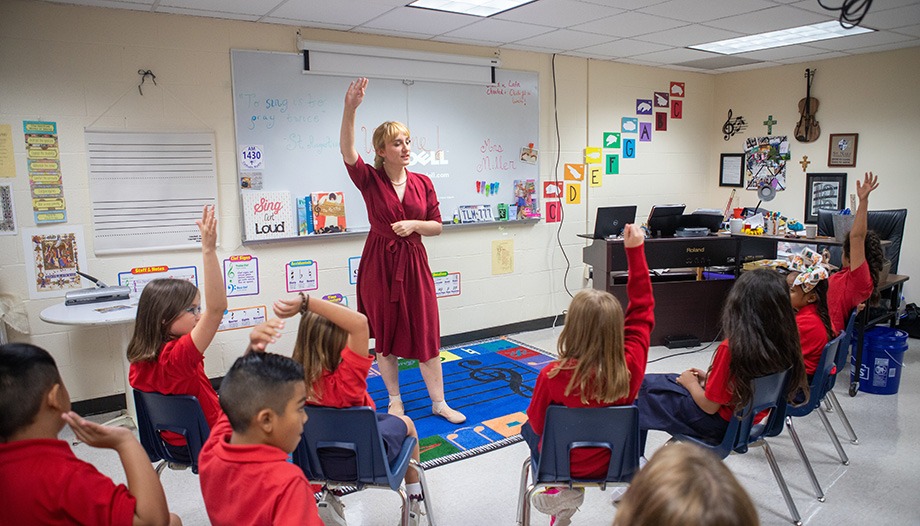It has been almost four years (September 12, 2019), in the midst of the Covid-19 pandemic, when Pope Francis launched a global educational alliance aimed at peace, justice and welcoming among peoples, the so-called Global Compact for Education.
The following year, on October 15, 2020, this 'Pact' was relaunched in a public event at the Pontifical Lateran University, during which two major responsibilities were reaffirmed in the world of education, and in particular of Catholic education: to transform places of education into true educating communities and not only as places where notions are imparted; to build a culture of integral education that overcomes fragmentation and the juxtaposition of knowledge.
Community builders
Earlier this year, Pope Francis had dedicated the prayer intention for the month of January through the Pope's Worldwide Prayer Network to the theme of education. In this case, the Pontiff referred in particular to educators, those who daily have in their hands the possibility of carrying out "an act of love that illuminates the path" of the youngest, and who, with their knowledge, their commitment and the joy of communicating it, can be true "creators of community", credible witnesses.
A few weeks ago, however, a "joint letter" was circulated, signed by the superiors of the Dicasteries for Institutes of Consecrated Life and Societies of Apostolic Life and for Culture and Education, addressed specifically to those who deal with the educational mission of Catholic schools. This is a reality that includes more than 240,000 educational institutions, many of which are directed precisely by Institutes of Consecrated Life.
The occasion followed a meeting convened a month earlier at the Vatican with the protagonists of Catholic schools, who were able to talk about their varied reality. A "worldwide network" that today faces many challenges.
Undoubtedly, the effects of the pandemic continue to be felt also in the educational field, but no less important are the constant world economic crises, the birth rate crisis, severe poverty, as well as inequalities in access to food, water, health, education and information, the shortage of vocations, etc., which make it urgent to give new breath and body to the educational mission, which often has to face reductions and closures. In fact, wrote Cardinals Braz de Aviz and Tolentino Calça de Mendonça, when this happens "a place that identifies and safeguards a portion of hope is extinguished".
Recovering hope
From where, then, can we recover this hope? The solution seems to be the same one that Pope Francis already hinted at last February 25 in his meeting with the Roman Pontifical Universities and Institutions, with the invitation and willingness to "make chorus", overcoming self-referentiality, the ephemeral contemplation of past glories and putting in common the potentialities of each one.
Also for the two dicasteries of the Roman Curia dedicated to Consecrated Life and Education, this approach can be fundamental in favoring a "starting point", a new leap forward.
To "make a choir", in short, among all educators, bishops, parish priests, pastoral realities and among the many educational charisms to bring out all their richness. Work to create initiatives, "even of an experimental nature", which do not lack imagination, creativity, audacity... In fact, the crisis - reads the joint letter - "is not the time to stick our heads in the sand, but to look to the stars, like Abraham (Genesis 15, 5)".
All this would be impossible, in any case, without the dedication of the teachers and administrative and service personnel of the worldwide educational community, "threads of different colors woven into a single tapestry," and without the presence of families and of the many dioceses and institutes of consecrated life, which for their part continue to invest "considerable human energies and financial resources" to continue the adventure of an educational mission at the service of humanity.








